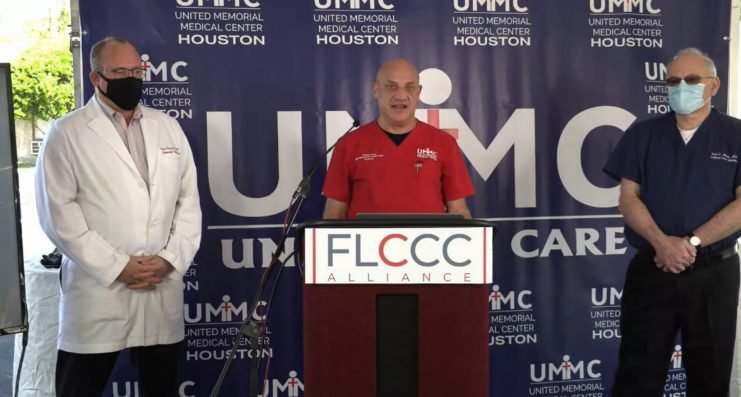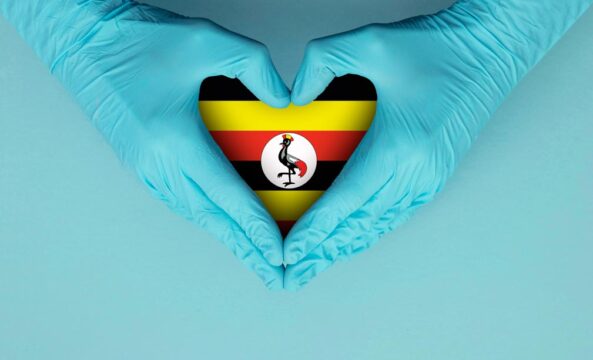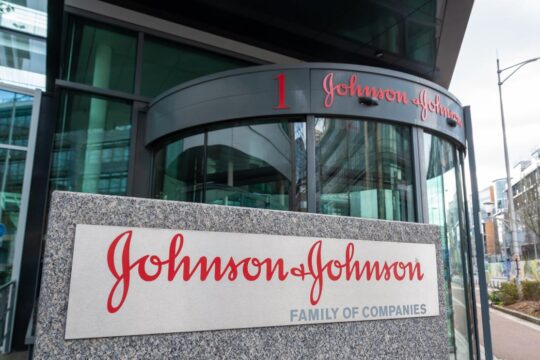Advertisment
Ivermectin repurposed for covid-19 – a cheap drug with a big effect

Article written by Christine Clark
Numerous clinical trials with ivermectin in covid-19 have shown consistent, large magnitude improvements in clinical outcomes that are little short of spectacular but getting the world to listen has proved much harder.
On Friday 4th Dec a group of experienced intensivists (Professor Paul Marik, Dr Pierre Kory and Professor Joseph Varon) in the USA took the unusual step of holding a press conference and live streaming it to the world. The purpose was to share their experiences of using ivermectin to treat covid-19 infection and to issue a call to action to health authorities around the world.
Ivermectin is a drug that has been used to treat parasitic infections for decades. Its potential use for covid was suggested early in 2020, based on the drug’s known anti-viral and anti-inflammatory properties. (Physicians in New York had wanted to use it but could not find adequate supplies in the New York area). Over the past few months numerous reports of successful use of ivermectin in covid-19 have been published:
- More than 1100 patients have received the drug for covid-19 prophylaxis in three randomised controlled trials and one observational study. All showed a markedly lower incidence of covid infection in the treated groups. The observational study concerned residents and staff of a long-term elderly care facility in France who had received ivermectin to treat crusted scabies. Despite a median age of 90 and at least one comorbidity each, the infection rate was 1.4% in the treated group and 22% in similar facilities.
- Ivermectin has been used for outpatient treatment of covid-19 infection – including more than 500 outpatients and three RCTs.
- Ivermectin has also been used in more than 2800 hospitalised patients in four RCTs and four observational controlled trials – all reporting positive results.
- In total, 21 studies, including ivermectin treatment at the pre-exposure, post-exposure, early and late illness stages have so far been reported – all with positive results.
- In addition to formal trials ivermectin has been used for mass treatment in some states in Peru, Mexico and Argentina. Again, the results show markedly lower death rates in the states that used ivermectin.
Summing up the evidence they noted that ivermectin is the only drug (apart from corticosteroids for late stage disease) for which there is clear evidence of benefit. Moreover, the drug offers benefits at all stages of the disease, unlike steroids where timing is critical.
Key conclusions are:
- Ivermectin prevents transmission and development of COVID-19 disease in those exposed to infected patients
- Ivermectin hastens recovery and prevents deterioration in patients with mild to moderate disease treated early after symptoms
- Ivermectin hastens recovery and avoidance of ICU admission and death in hospitalized patients
- Ivermectin reduces mortality in critically ill patients with COVID-19
- Ivermectin leads to striking reductions in case-fatality rates in regions with widespread use
For these reasons the intensivists formed the Front Line Covid Critical Care Alliance (FLCCCA). They also devised a treatment protocol – the I-MASK+ Prophylaxis & Early Outpatient Treatment Protocol for COVID-19 for early treatment of Covid-19 infection. This comprises specified doses of ivermectin, vitaminD3, Vitamin C, quercetin, zinc, melatonin and aspirin (unless contraindicated).
As intensivists with experience of treating many cases of covid-19, the FLCCC team called on health authorities around the globe to review the evidence swiftly and issue guidelines for the use of ivermectin as soon as possible to stem to tide of deaths and severe illness. They emphasised that the I-MASK protocol should complement rather than replace other infection-control measures such as mask-wearing and social distancing and they envisage use of the treatment until sufficient numbers have been vaccinated.
Full details of the FLCCCA, the evidence base and the treatment protocols can be found at the FLCCCA website.
Professor Paul Marik is Chief, Div. of Pulmonary & Critical Care Medicine, Eastern Virginia Medical School Norfolk, Virginia; Dr Pierre Kory Pulmonary and Critical Care Specialist, Aurora St. Luke’s Medical Center, Milwaukee, WI and Professor Joseph Varon is Chief of Critical Care United Memorial Medical Center, Houston, Texas.





